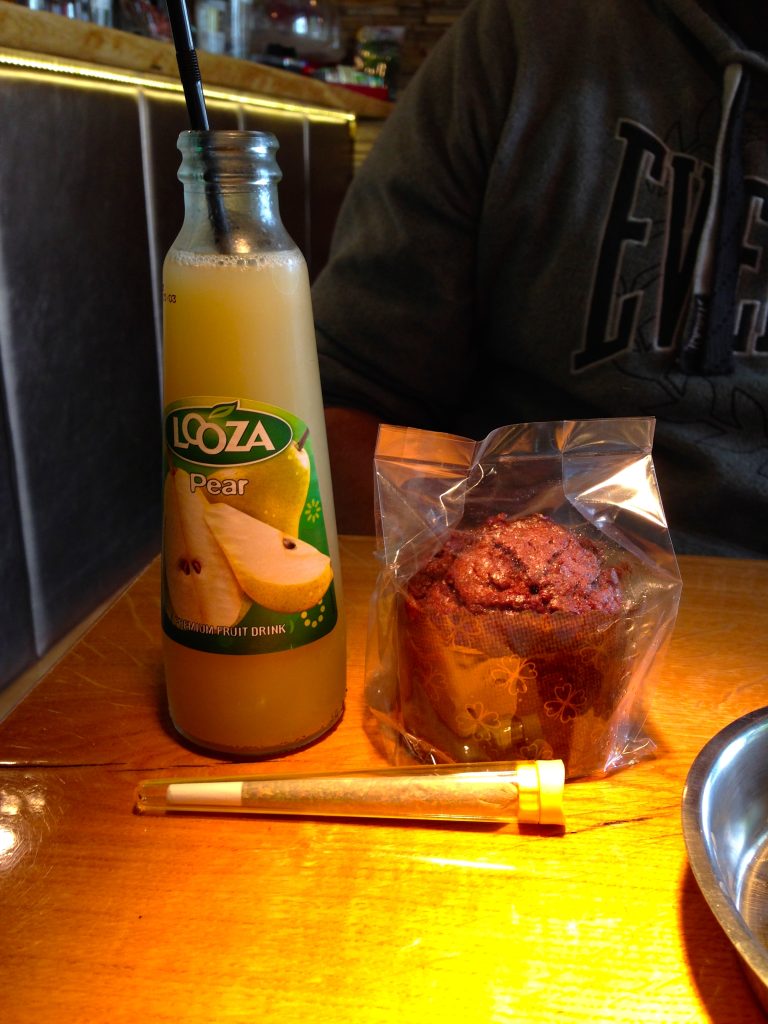
Whether it is caffeine, cigarettes or chocolate are we all addicts? It would seem that we all crave something; that thing that triggers a pathway to the brain where we cannot control the urge but to indulge in that vice. For example, somebody that spends four to five nights out of the week drowning his or her liver in beer at the local pub then finds it difficult to sleep at night the other three to four nights of the week we would call an alcoholic. However, there are other less noticed forms of addiction such as sarcasm, exaggeration, anger and technology. These commonly fall under the category of OCD (obsessive, compulsive disorder).

According to the DSM: Diagnostic and Statistical Manual of Mental Disorders, addictions fall underneath two categories, substance related disorders and behavioural addictions. However the DSM note that there has not yet been sufficient research done to categorise and define behavioural disorders factually; only touching upon gambling disorder in their research so far. Therefore we are left with substance abuse of such elements as cannabis, tobacco, alcohol and caffeine whose chemical makeup triggers a dependency. Releasing toxins in the brain that perform incessant and compulsive thoughts about the brain’s chosen substance until that dependency’s need is met.
So we can see how this works and that for many years we have been aware of such addictions in the form of substance abuse but how does this relate to behaviour? OCD-UK classify the disease as ‘a serious anxiety-related condition where a person experiences frequent intrusive and unwelcome obsessional thoughts, often followed by repetitive compulsions, impulses or urges’. Affecting as many as 12 people in 1000, it is no wonder that the addictive personality of humanity is a recognised trait. Traditionally OCD falls into four categories: Checking, Contamination / Mental Contamination, Hoarding, and Ruminations / Intrusive Thoughts. Behaviour in this case indicates the relieving of anxiety rather than obtaining pleasure.
 An illustration of how this works is somebody who is worried about the contamination of other people’s opinions and thoughts. This could be because they are obsessed with their own perceived rulebook of black and white and so fear the intrusion that opinion could bring, as it would disrupt their set of beliefs. To relieve themselves of this anxiety they constantly use sarcasm and have a narcissist tendency to belittle others disguised under the pseudonym ‘banter.’ It is a compulsion and mental reflex that has no redeeming hedonistic value, as its objective is to keep the obsessive thoughts untainted. However, sarcasm is also a habit and used by many in day-to-day conversation likewise with exaggeration and other behaviours such as shopping and exercise. These are normal activities that some people participate more in than others. A habit can be switched on and off, so would it be fair to conclude, by this definition, that we are all addicts?
An illustration of how this works is somebody who is worried about the contamination of other people’s opinions and thoughts. This could be because they are obsessed with their own perceived rulebook of black and white and so fear the intrusion that opinion could bring, as it would disrupt their set of beliefs. To relieve themselves of this anxiety they constantly use sarcasm and have a narcissist tendency to belittle others disguised under the pseudonym ‘banter.’ It is a compulsion and mental reflex that has no redeeming hedonistic value, as its objective is to keep the obsessive thoughts untainted. However, sarcasm is also a habit and used by many in day-to-day conversation likewise with exaggeration and other behaviours such as shopping and exercise. These are normal activities that some people participate more in than others. A habit can be switched on and off, so would it be fair to conclude, by this definition, that we are all addicts?
In terms of behaviour we may indulge in and repeat certain idiosyncrasies and actions. Some of us do even struggle with OCD, but to call this an addiction in the sa me way that you would label an alcoholic would seem an anomaly. The DSM need to continue their research into what can be classified as a behavioural addiction, if there is even a classification possible of such. For the only way then to treat addictions and mental disorders is by providing the correct definition so to find the correct treatment. Therefore, we are not all addicts instead many of us are creatures of habit and those habits can be broken if we recognise them and tackle them as what they really are.
me way that you would label an alcoholic would seem an anomaly. The DSM need to continue their research into what can be classified as a behavioural addiction, if there is even a classification possible of such. For the only way then to treat addictions and mental disorders is by providing the correct definition so to find the correct treatment. Therefore, we are not all addicts instead many of us are creatures of habit and those habits can be broken if we recognise them and tackle them as what they really are.
